- 1 - Understanding What Trans Fats Are
- 2 - How Trans Fats Affect Arterial Health
- 3 - Scientific Evidence Linking Trans Fats to Cardiovascular Risk
- 4 - Real Cases and Public Health Lessons
- 5 - Trans Fats in the Modern Diet
- 6 - Healthy Alternatives and Practical Tips for Consumers
- 7 - Professional Guidance and Resources
1 - Understanding What Trans Fats Are
Trans fats are a type of unsaturated fat that have been chemically altered through a process called hydrogenation. This process makes oils more stable, giving products a longer shelf life and desirable texture. While trans fats were once common in baked goods, fried foods, and margarines, they are now known to be harmful, particularly when it comes to heart and arterial health.
Unlike natural fats, which the body can use effectively, trans fats interfere with normal metabolic processes, creating risks that extend far beyond simple weight gain.

2 - How Trans Fats Affect Arterial Health
The impact of trans fats on arterial health is profound. These fats increase levels of LDL cholesterol, often referred to as “bad cholesterol,” while lowering HDL cholesterol, the “good cholesterol” that helps keep arteries clear. Over time, this imbalance promotes plaque buildup inside arterial walls, leading to narrowing, stiffness, and increased risk of blockages.
This process, known as atherosclerosis, is one of the leading contributors to heart attacks and strokes. Even small amounts of trans fats in a diet can accelerate arterial damage, making it a critical issue for public health.
Endeavor Health Northwest Community Hospital
endeavor health northwest community hospital
800 W Central Rd, Arlington Heights, IL 60005, USA

3 - Scientific Evidence Linking Trans Fats to Cardiovascular Risk
Numerous studies over the last two decades confirm the dangers of trans fats. Research published in leading medical journals consistently shows a strong correlation between trans fat consumption and increased rates of heart disease. One widely cited study found that for every 2% increase in energy intake from trans fats, the risk of heart disease increased by 23%.
These findings prompted government agencies worldwide to regulate or ban trans fats in food production. The U.S. Food and Drug Administration officially removed artificial trans fats from the “generally recognized as safe” category, leading to their near elimination from the American food supply by 2020.
4 - Real Cases and Public Health Lessons
Before regulations, trans fats were a hidden ingredient in countless foods, from cookies to fast food fries. Public awareness grew after reports revealed how widespread consumption contributed to rising heart disease rates. For example, Denmark became the first country to ban trans fats in 2003, and within years, it reported a significant drop in cardiovascular mortality.
These cases underscore how removing trans fats from the diet leads to measurable improvements in population health, serving as a powerful reminder of the role food policy plays in protecting arteries and hearts.
5 - Trans Fats in the Modern Diet
Although many countries have banned or restricted artificial trans fats, trace amounts still appear in certain processed foods and restaurant dishes. Some naturally occurring trans fats can also be found in small quantities in dairy and meat. While these are generally considered less harmful, moderation is key.
Consumers should remain vigilant by checking nutrition labels for terms like “partially hydrogenated oils,” which indicate the presence of trans fats. Being aware of hidden sources helps reduce unintentional intake.
6 - Healthy Alternatives and Practical Tips for Consumers
Replacing trans fats with healthier options can significantly improve arterial health. Unsaturated fats found in olive oil, avocados, nuts, and fatty fish provide protective benefits for the cardiovascular system. Simple substitutions, such as using olive oil instead of margarine or choosing baked over fried foods, can make a lasting difference.
For individuals looking to improve their heart health, focusing on whole foods and minimizing processed products is the most effective strategy. Even small changes, such as swapping a fast-food meal for a home-cooked option, can help arteries recover from years of strain.
7 - Professional Guidance and Resources
Anyone concerned about their cholesterol levels or cardiovascular risk should consult a healthcare provider. Regular check-ups, blood tests, and professional dietary advice can detect early signs of arterial damage and provide tailored solutions.
At HeartCare Hub, individuals can find trusted information, recommended health products, and access to expert support. Whether it’s guidance on cholesterol management or advice on healthier cooking oils, professional resources make it easier to take proactive steps toward protecting arterial health.

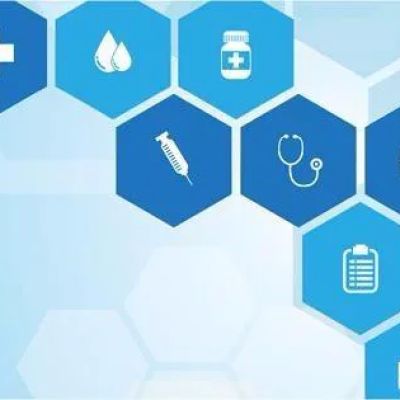

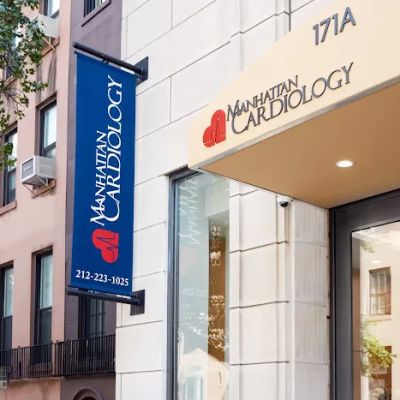
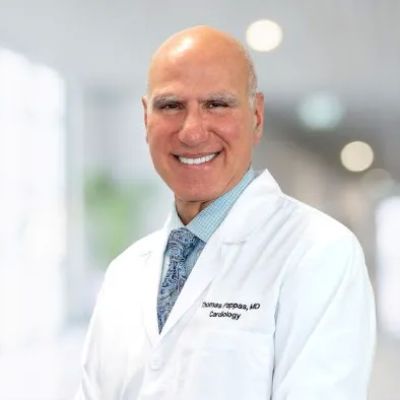
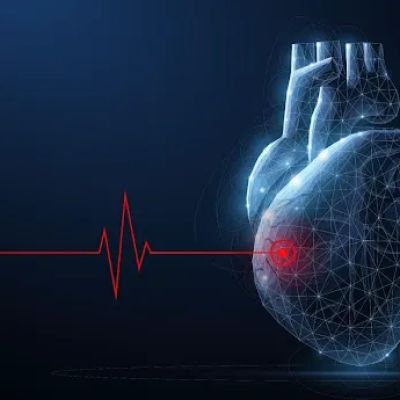
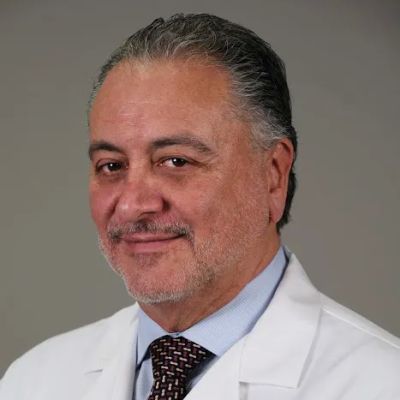














Capital Health Medical Center – Hopewell
capital health medical center hopewell
1 Capital Way, Pennington, NJ 08534, USA